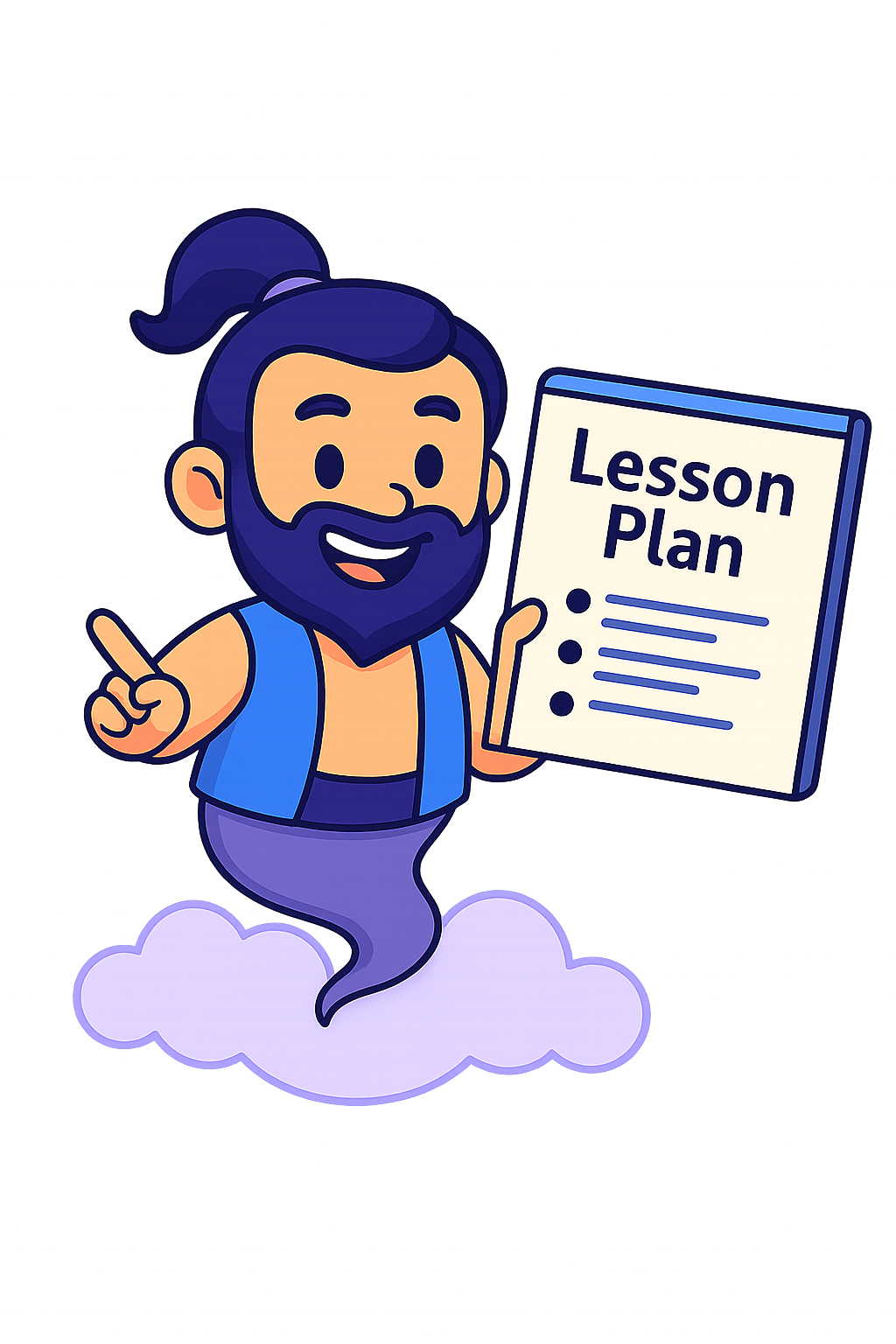 Using Abstract Nouns in Sentences
Using Abstract Nouns in Sentences
Objective: Students will understand what abstract nouns are and be able to identify and use them correctly in sentences.
Learning Objectives
- Define abstract nouns and differentiate them from concrete nouns.
- Identify abstract nouns in sentences.
- Write sentences using abstract nouns correctly.
Materials Needed
- Paper
- Pencils
- Whiteboard or chart paper
- Markers
Key Vocabulary
- Abstract Noun
- A word that names something you cannot see, touch, or feel with your five senses, like an idea, feeling, or quality.
- Concrete Noun
- A word that names a person, place, or thing that you can see, touch, hear, smell, or taste.
Detailed Activities
Introduction to Abstract Nouns
- Begin by explaining that nouns can be things we can touch or see (concrete) and things we cannot (abstract).
- Write examples of concrete nouns on the board (like dog, apple, house).
- Then introduce abstract nouns with examples like love, courage, happiness.
- Discuss how abstract nouns name feelings, qualities, and ideas.
Identifying Abstract Nouns
- Read simple sentences aloud and ask the student to tell you if the noun is concrete or abstract.
- Write sentences on chart paper and underline the nouns, then have the student say if each is abstract or concrete.
- Provide a short list of nouns and have the student sort them into two groups: abstract and concrete.
Using Abstract Nouns in Writing
- Ask the student to choose an abstract noun from the list and create a sentence using it.
- Encourage the student to share the sentence and explain what the abstract noun means in their sentence.
- Write the sentences together, helping with spelling and structure as needed.
Parent & Instructor Notes
- This lesson focuses on helping your child understand nouns that name feelings or ideas, which can be tricky because they are not visible.
- Be patient and use lots of examples from everyday life to make abstract ideas more concrete for your child.
- Encourage your child to think about feelings and ideas they know, so they can relate abstract nouns to their own experiences.
Assessment Questions
- Can you tell me if the word ‘friendship’ is an abstract or concrete noun? Why?
- Find the abstract noun in this sentence: ‘She showed great kindness to her friends.’
- Write a sentence using the abstract noun ‘happiness.’
Extension Ideas
- Have your child draw a picture representing an abstract noun they choose and explain their drawing.
- Create a story together using at least three abstract nouns.
- Play a game where your child guesses the abstract noun based on your clues about feelings or ideas.
Frequently Asked Questions
It is normal for children to mix these up at first. Use simple examples and real-life situations to help clarify the difference. Practice with sorting activities to build confidence.
Relate abstract nouns to your child’s feelings or experiences, like happiness or friendship, and use stories or examples from daily life.
Teacher’s Guide
Common Misconceptions:
- Students might think all nouns are concrete and forget that some nouns name ideas or feelings.
- Children may confuse abstract nouns with adjectives because they describe qualities.
Scaffolding Ideas:
For Struggling Students:
- Use picture cards to represent abstract nouns and concrete nouns.
- Provide sentence starters to help them use abstract nouns in writing.
For Advanced Students:
- Challenge them to write short paragraphs using multiple abstract nouns.
- Introduce related grammar concepts like adjectives that describe abstract nouns.
Pacing Recommendations:
- Spend extra time on the introduction if the student is unfamiliar with abstract nouns.
- Use frequent checks for understanding before moving on to writing activities.
- Allow flexibility to repeat activities or extend practice as needed.
Standards
- 3.L.2e — Demonstrate command of the conventions of standard English capitalization, punctuation, and spelling when writing.
Printable Worksheet
Plan Your Own Lesson
Looking for a custom lesson plan? Try our Lesson Planning Generator — create standards-based plans for any topic, instantly!
Common Core Aligned Lesson Plans
Looking for another common core lesson? See all of the lesson plans here.
More Free Lesson Plans
We’re adding more every week! Check back soon or explore all our lesson plans here.

 Using Abstract Nouns in Sentences
Using Abstract Nouns in Sentences
Leave a Reply